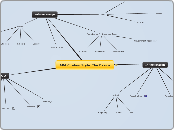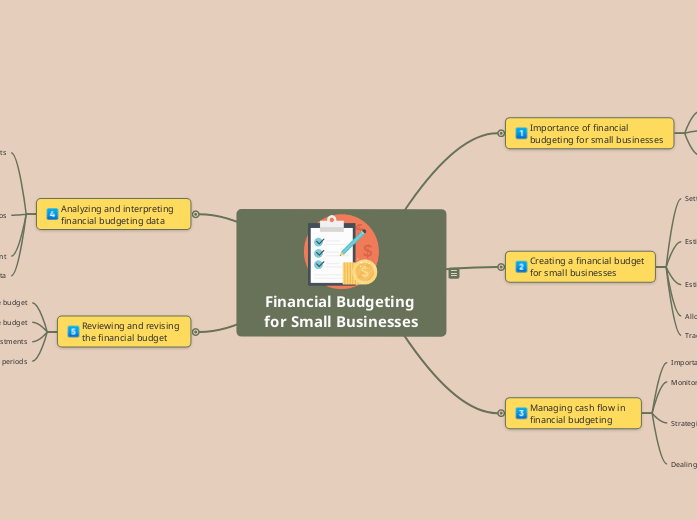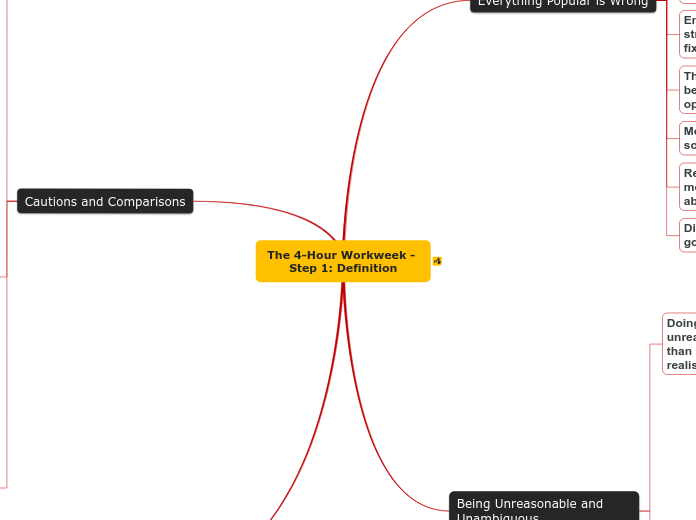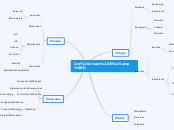Reference Framework
Group 9
María Paula Taylor Noriega
Jeisson Moncada Rodriguez
Valentina Gómez Osorio
María Paula Castañeda Vargas
Zaira Angarita Rodriguez
Show the progress made by other researchers in relation to the research problem. It is used to explain background and interpret the results (Munch, 1993), and it include the significant relationship between the theoretical elements (Mendez, 1998).
REFERENCES
Monje Alverez, C. (2011). metodologia de la investigacion cuantitativa y cualitativa (guia didactica). [online] Uv.mx. Available at: https://www.uv.mx/rmipe/files/2017/02/Guia-didactica-metodologia-de-la-investigacion.pdf [Accessed 2 Feb. 2019].
Khoo, Ee Ming. Research questions and research objectives.. The Family Physician. 13. 25-6. 2005.
A Sample Research Proposal with Comments [Internet]. Uh.edu. [cited 3 February 2019]. Available from: http://www.uh.edu/~lsong5/documents/A%20sample%20proposal%20with%20comment.pdf
Adom D, Hussein E, Agyem J. Theoretical and conceptual framework: mandatory ingredients of a quality research. International Journal of scientific research. 2018; 7(1).
Alvesson, Mats and Jörgen Sandberg. Constructing Research Questions: Doing Interesting Research. London: Sage, 2013; Chapter 1: Research and the Research Problem. Nicholas Walliman. Your Research Project: Designing and Planning Your Work. 3rd edition. Thousand Oaks, CA: Sage Publications, 2011.
OBJECTIVES
Objectives provide a list of goals that will be achieved through the proposed research
It should include ..
It needs to be measurable, quantifiable and realistic.
Space and time limits should be set out
It should state the action that will be carried out to solve the question with an infinitive verb
All the variables that are being studied
The objectives should be specific
and reflect the question that we are asking
PROBLEM APPROACH
A research problem is the main organizing principle guiding the analysis of your paper. The problem under investigation offers us an occasion for writing and a focus that emphasize what we want to say. It represents the core subject matter of scholarly communication.
Steps to create a research problem
Establish a question that you consider should be resolved and include where possible who, what, when and where.
Identify lacks in the research knowledge base, make a proposal that meets the need
What has been done about that topic?
What subtopics of that problem can be established and which of them can be investigated?
Describe the problem in detail
Research is different because it focuses on having you generate new information of your own, often about a problem that other people have not yet studied.
JUSTIFICATION
To justify a research is obligatory to answer different questions like: Purpose, value and novation.
Novation: why, how and what for the study and the contributions it brings
Value: that step explain what is your contribution to the discipline
Purpose: explain the advantage of research.
STEPTS
Submit the document
to experts opinion
Build the document
Identify goals
Justify the problem
Formulate the problem
Specify the problem
Select data sources
Search for data
Select a topic
CONCEPTS
The above is based on quantitative research but if we talk about qualitative research it is necessary that the concepts are very clear for the population that will be part of the study.
The concept is an idea that makes the researcher think or generate strategies to create a research project and that will later give explicit form to the problem of research.
CONTEXT
The framework requires a thorough understanding of the problem with relevant data about the context of the investigation









